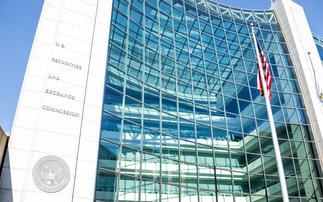Government and industry groups sign up to new plan to curb short-lived climate pollutants
As the main track of the UN climate talks in Paris continues to debate how best to curb global carbon emissions, a group of governments and businesses have today announced plans to strengthen efforts to tackle alternative greenhouse gases known as short-lived climate pollutants (SLCPs).
Experts claim reducing emissions of SLCPs, which include HFCs, methane, black carbon, and tropospheric ozone, is critical to efforts to both keep temperature increases below 2C and tackle local air pollution.
"SLCPs not only produce a strong global warming effect, they contribute significantly to more than 7 million premature deaths annually linked to air pollution," said Dr Maria Neira, Director Public Health and Environment Department at the World Health Organisation (WHO). "Reducing SLCPs can prevent approximately 3 million premature deaths a year."
A group of countries and businesses operating under the banner of the Climate and Clean Air Coalition (CCAC) met on the sidelines of the Paris Summit this afternoon and confirmed plans for a series of initiatives to extend work to tackle SLCPs.
Specifically, the group, which is supported by the UN Environment Programme and is chaired by Norway and Chile, is driving the campaign to get HFCs covered by the Montreal Protocol that drove the phase out of CFCs globally.
However, it is also working with members of the Global Food Cold Chain Council (GFCCC), including Coca-Cola and Unilever, to deliver a 30 to 50 per cent reduction in HFC emissions from refrigerant servicing within 10 years.
Meanwhile, the group also announced plans to double the number of countries pursuing Green Freight Action Plans designed to tackle black carbon and other pollutants from more than 20 currently to more than 40 by 2018.
Similarly, the group said it was aiming to drastically increase the number of cities it is working with through its Municipal Solid Waste Initiative to get at least another 50 cities to develop and implement quantifiable plans of action to reduce SLCPs from the waste sector by 2020, and 1,000 cities to develop robust waste management systems.
This article is part of BusinessGreen's Road to Paris hub, hosted in association with PwC.









